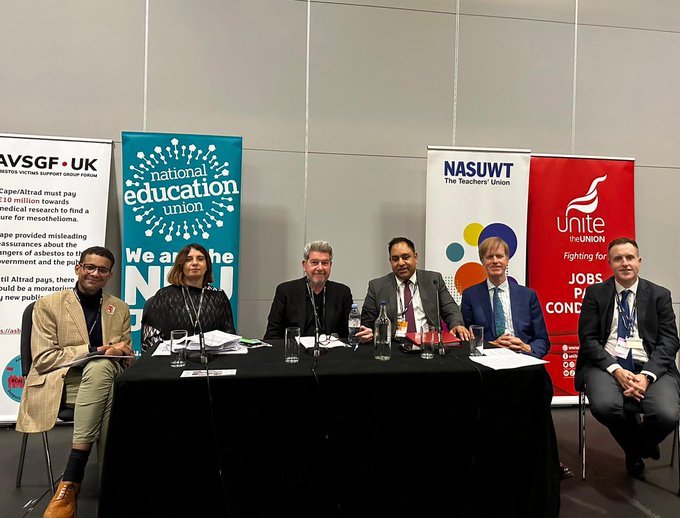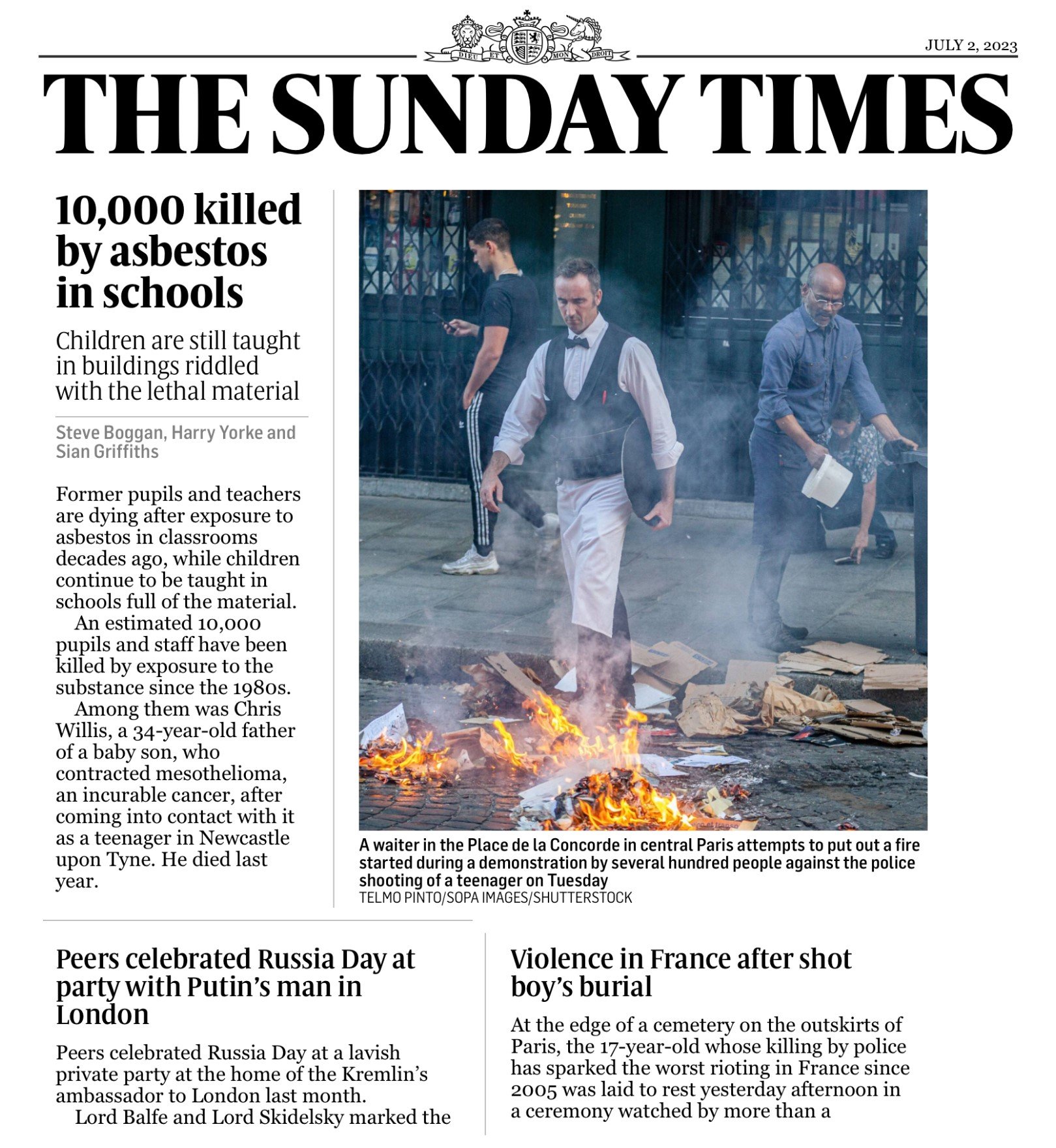During Labour Party Conference earlier this month, Stephen visited the Versus Arthritis stand to hear more about the impact of arthritis on his constituents and how Government policy can help them.
Arthritis is a condition that causes pain and inflammation in people’s joints. Versus Arthritis - which is the UK’s largest anti-arthritis charity - estimates that there are over 10 million people in the UK suffering from arthritis. Arthritis causes pain and can reduce dexterity making everyday activities a struggle.
Versus Arthritis highlighted that over one million people are waiting for trauma and orthopaedic treatment because of NHS backlogs.
People with arthritis are also less likely to work than those without the condition - 34.9% of people with a musculoskeletal condition are economically inactive. Versus Arthritis are advocating for the Government to promote its Access to Work programme, which offers grants for specialist equipment to help people work. The Work and Pensions Committee, which Stephen chairs, has made similar recommendations in the past.
“I was delighted to meet with Versus Arthritis to discuss the challenges that people with arthritis face,” Stephen said. “I agree with them that the Government must do more to promote the Access to Work scheme to people with musculoskeletal diseases and, indeed, all people with disabilities.”














